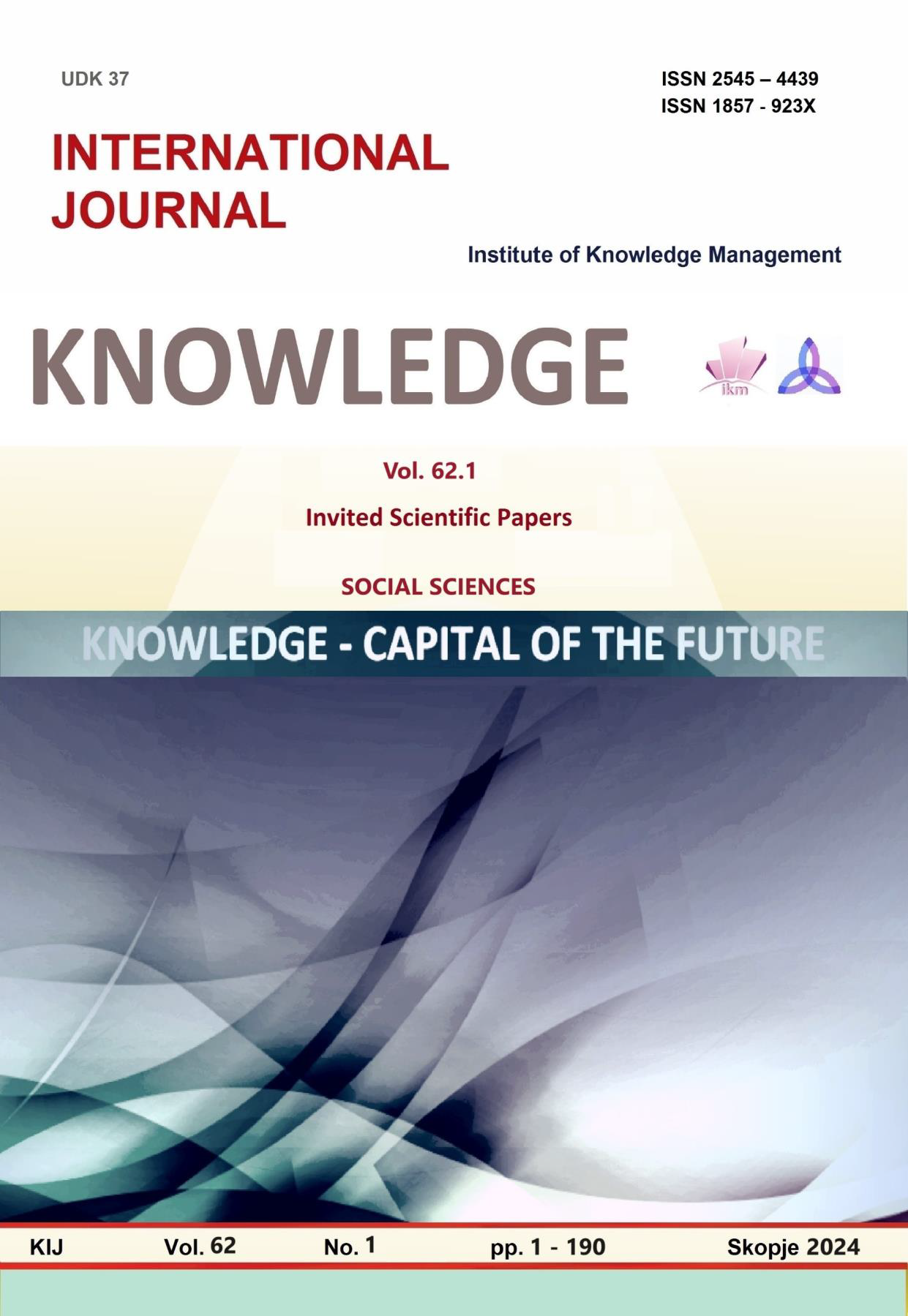СОЦИАЛНАТА ДЕЙНОСТ И ВЛИЯНИЕТО НА КОГНИТИВНО ДИСМОДЕРАЦИОННОТО ОБЩУВАНЕ ПРИ ДЕЦА И СЕМЕЙСТВА В РИСК
SOCIAL ACTIVITY AND THE INFLUENCE OF COGNITIVELY DISMODERATION INTERCOURSE IN CHILDREN AND FAMILIES AT RISK
Author(s): Vesela Ivanova BozhkovaSubject(s): Social Sciences, Educational Psychology, Family and social welfare, Pedagogy
Published by: Scientific Institute of Management and Knowledge
Keywords: prevention;agression;practice
Summary/Abstract: In school, preventive activities can be aimed at overcoming cognitive dismoderate intercourse, improving the analysis of feedback in the process of communication, will help to overcome barriers in communication, because in moments of stress the person hears, that, what he expects to hear, not what the interlocutor actually said. The issue of social work for children and families at risk is becoming more and more relevant given the deepening social problems, such as social isolation and socially unacceptable behavior, both in the face of children and in the scope of the family, as an institution, given the increasing states of stress, persistent anxiety and depressive states among the social strata. The research methodology includes social forecasting and work with children and families at risk. Forecasting is related to processes in the social sphere, and in order to increase their effectiveness, it is important to look at them in two aspects, namely the development of the social system, a specific forecast and social activity. The purpose of the study is to show the difficulties preventing the improvement of the specificity of social work for children and families at risk for full social support and identification, as well as an in-depth study of the reasons why social work for persons at risk does not work effectively. In a preventive aspect, we must work on mastering those acquired instincts that make us in stressful situations not to think, but to act, reflecting on this issue could show us the way to overcome aggressive confrontations. The results show the need for the correct diagnosis, pointing to the organization and optimization of the mental and physical potential of the child and the family to overcome life's difficulties and integrate into society, according to their adaptation possibilities. With the timely intervention of the social pedagogue, as the supporting party, stimulating the elimination of risk factors endangering the object of social activity. Conclusions: The groups in which the person learns to improve his communication are related to the stages of social modeling and social work with children and families at risk. The empirical model of the practice integrates the empirical assessment to establish the feedback, that is, the corrective procedural intervention and shaping the theoretical framework, by observing the empirical relations for the alternative orientations in the practice. Recommendations: At the level of primary prevention of aggression, it is necessary to evaluate the changes that have occurred, a decree by social workers is required, reflecting the changes in the limits of individual programs for working with children and families at risk. Additional data: Cognitive dismoderate intercourse is a communicative problem in the psychological spectrum of moderation in human consciousness, in practice a dismoderation feedback is obtained, namely incorrect reading of behavioral signals in the process of communication. In situations that the individual perceives as threatening, he begins to see things in his own way, refracted through his prism (his point of view), but in fact things are not as the individual understands them, a dismoderation moment occurs in practice in which sometimes it can lead to a collision. Keywords: Primary prevention of aggression in children of primary school age based on preventive work with persons at risk. Field: The research is in the field of socio-pedagogical sciences.
Journal: Knowledge - International Journal
- Issue Year: 62/2024
- Issue No: 1
- Page Range: 135-140
- Page Count: 6
- Language: Bulgarian

